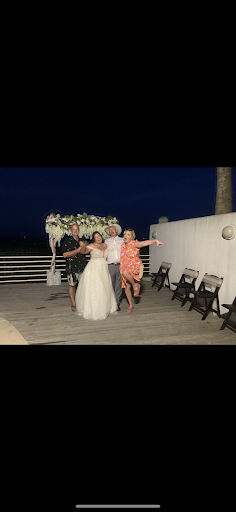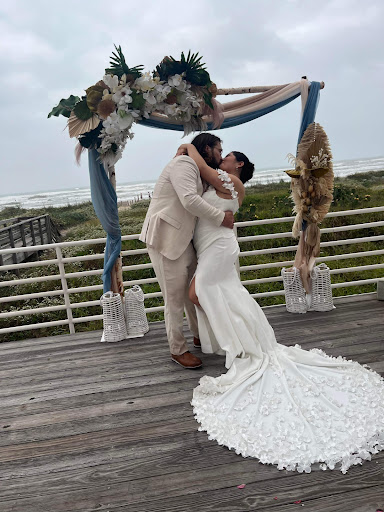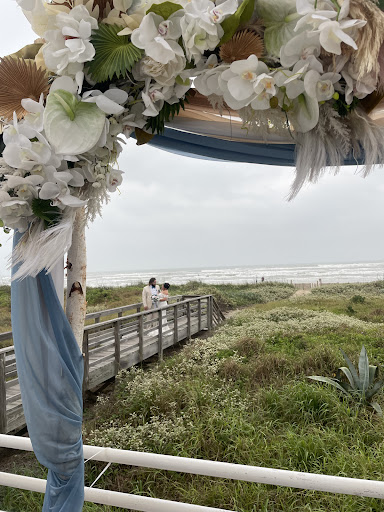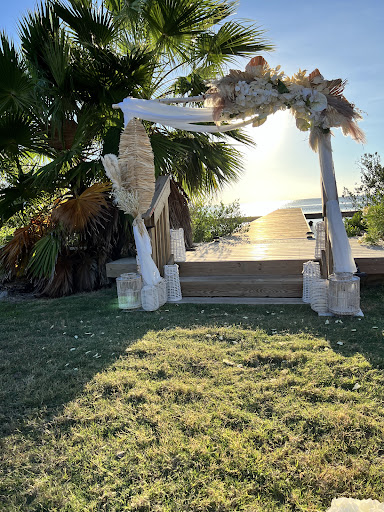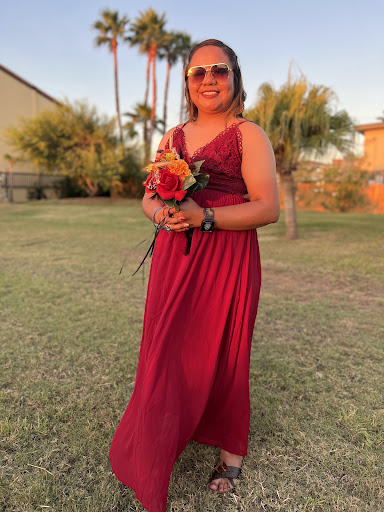You may find yourself planning a wedding in the picturesque Hill Country, surrounded by vibrant landscapes and charming venues. With so many details to consider, you might wonder about the roles of different professionals involved in your wedding planning. Two key players are the wedding planner and the venue coordinator. Understanding their distinct responsibilities can help streamline your planning process.
A wedding planner is a professional who assists you throughout the entire wedding planning journey. From the initial stages of setting a budget to the final execution on your wedding day, your planner is your go-to person for all aspects of planning. They help you source vendors, manage timelines, and ensure that all elements align with your vision. You can lean on your planner for creative ideas, expert advice, and detailed logistics.
On the other hand, a venue coordinator focuses primarily on the logistical aspects of the venue itself. While they may assist you on the day of the wedding to ensure everything operates smoothly, they are not responsible for the overall planning process. Your venue coordinator will coordinate staff and oversee operations specific to the venue, such as setting up tables, managing the timeline for catering services, and addressing any venue-related issues that may arise during your celebration.
While both roles may seem similar, their scope and focus differ significantly. The wedding planner considers all elements of your wedding, including the timeline, personal details, and vendor coordination. Your planner acts as a project manager, weaving together various aspects to create a cohesive experience. This includes handling contracts, payments, and the creative vision for your special day.
Conversely, the venue coordinator is primarily concerned with the physical space where your event will take place. Their responsibilities include ensuring the venue complies with regulations, managing setup, and addressing any immediate concerns on the wedding day. Your venue coordinator will be familiar with the venue’s specific policies and procedures, which can save you from potential last-minute issues that could disrupt your day.
Choosing between hiring a wedding planner and relying solely on a venue coordinator depends on your needs and preferences. If you desire comprehensive support throughout your planning, a wedding planner is necessary. They provide peace of mind, allowing you to enjoy the process without excessive stress. If you feel confident in your planning skills and wish to handle most details yourself, a venue coordinator can ensure that the venue runs smoothly while you focus on executing your vision.
In the long run, understanding the differences between a Hill Country wedding planner and a venue coordinator is vital in securing the support you need for a successful wedding. Each role serves a unique purpose, and aligning your choice with your specific requirements can lead to an unforgettable wedding experience.

